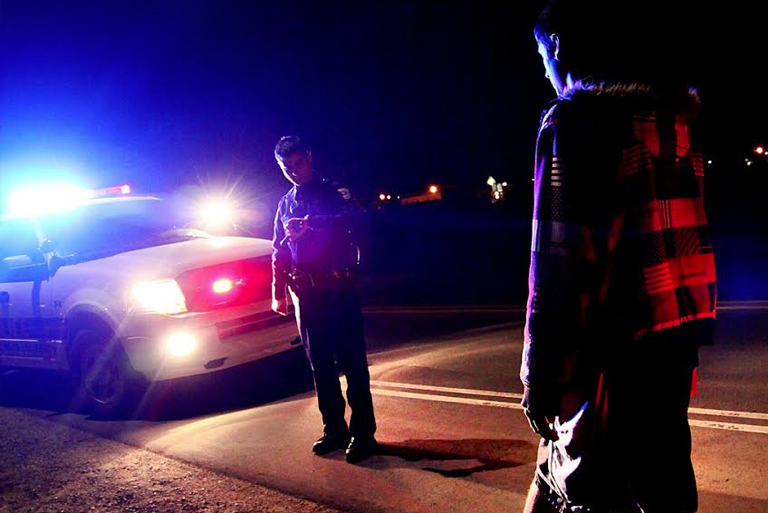
Different DUI Offences
NOTE: Criminal Code amendments establishing new or modified impaired driving offences came into force on December 18, 2018. Some of the information below may not apply to these. However, I have not yet removed that information from this article as charges for offences from before December 18, 2018, are still before the courts. For details on the amendments see New Laws on Impaired, Other Driving Crimes and for the corresponding penalties Penalties for New Impaired Driving, Exceed and Other Driving Crimes.
Over 80
Over 80 refers to the amount of alcohol in your blood as measured by a breath or blood test. The legal blood alcohol level in Canada is 80 milligrams of alcohol in 100 millilitres of blood. (In most U.S. states it’s 100 mg; in Sweden it’s 20 mg.)
Impaired driving
A charge of impaired operation of a motor vehicle may be laid if police believe your ability to drive a motor vehicle is impaired – however slightly – as a result of drinking (or drugs). Typically, this charge is laid if there is evidence of bad driving, slurred speech, imbalance, and/or fumbling with your documents (driver’s licence, insurance and ownership).
Toxicology report
In some cases, where there is weak evidence of impairment, the Crown might secure a report from a toxicologist establishing that your ability to operate a motor vehicle would be impaired at any blood alcohol level above the legal limit.
Refuse breath sample
A charge of refuse to provide a suitable sample of breath (“refuse sample” for short) is laid after you fail or refuse without reasonable excuse to provide a breath sample either into a roadside screening device or a breathalyzer instrument. The roadside screening device test is administered to determine whether you are over the legal limit; if you register a fail on the device, you will be asked to undergo a breath test which measures the amount of alcohol in your blood.
Often a charge of Impaired Operation is laid along with a charge of Drive Over 80 or Refuse Sample.
Refuse coordination tests
An investigation into impairment can lead to an escalating series of demands for physical tests culminating in a demand for bodily fluid samples. Refusal or failure to comply, without reasonable excuse, is a criminal offence that attracts that same penalties as refuse breath sample or drunk driving.
If police have reasonable grounds to suspect that your ability to operate a motor vehicle is impaired either by alcohol or a drug, they can demand that do physical coordination tests at the roadside. Roadside coordination tests became mandatory in the wake of 2008 amendments to the Criminal Code.
Refuse drug evaluation
Poor performance of such tests can elevate reasonable suspicion to reasonable grounds to believe you’re committing the offence of impaired driving. If police believe that the impairment is from a drug or a drug plus alcohol, you can be required to undergo an evaluation by a specially trained officer.
Demand for bodily fluid sample
If the evaluation produces reasonable grounds to believe your ability to operate a motor vehicle is impaired by a drug or a combination of alcohol and a drug, the evaluating officer may demand you to provide a urine, saliva or blood sample.
Care or control
You do not have to be caught driving to be charged with Over 80 or Impaired. It’s enough if you’re in “care or control.” You are presumed to be in care or control if police find you sitting in the driver’s seat.
However, you may rebut the presumption if your intention on entering the driver’s seat was not to drive (e.g., to sleep). If you rebut the presumption, you might still be found guilty if the Crown can show that you performed some act or acts involving the vehicle or its fittings, or conduct associated with the vehicle, that involve the risk of putting it in motion or some other danger to persons or property arising from the vehicle.
Realistic risk of danger
The Supreme Court of Canada in a 2012 ruling held that the risk of danger must be realistic and not just theoretically possible. The court noted: “In the absence of evidence to the contrary, a realistic risk of danger will normally be the only reasonable inference where the Crown establishes impairment and a present ability to set the vehicle in motion.”
Beware: you may be found in care or control even if you are outside your vehicle.










